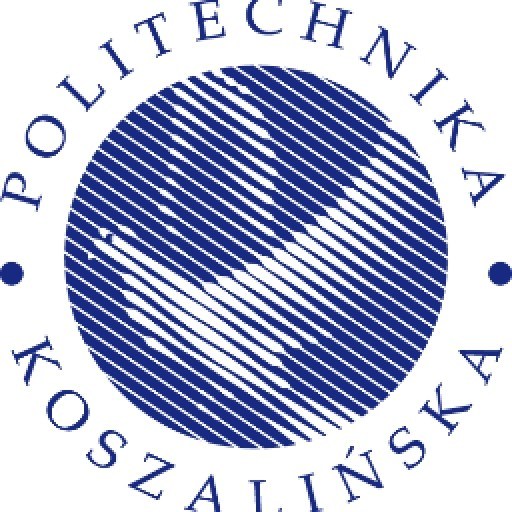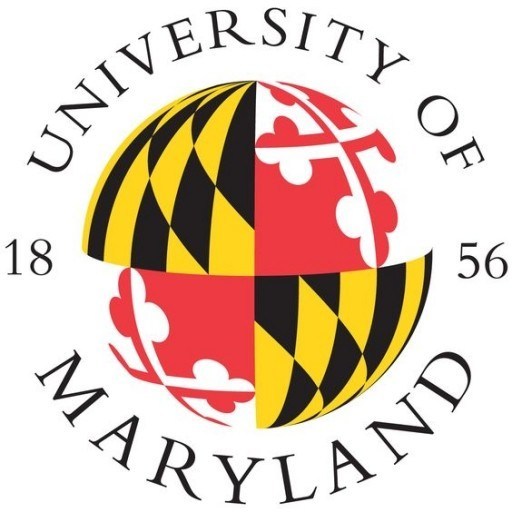Photos of university / #oxford_uni
Materials Science at the University of Oxford offers an in-depth exploration of the structure, properties, and applications of materials. This interdisciplinary programme combines insights from physics, chemistry, engineering, and physical sciences to prepare students for careers in research, development, and industry. Throughout the course, students examine the fundamental principles that govern the behavior of metals, ceramics, polymers, and composites, gaining a comprehensive understanding of how materials can be designed and manipulated at micro and nanoscale levels for various technological applications. The programme covers key topics such as materials characterization, electronic and optical properties, corrosion, and materials processing techniques, providing both theoretical foundations and practical laboratory experience. Students have access to state-of-the-art facilities and work alongside leading experts in the field, engaging in cutting-edge research projects that address contemporary challenges like sustainability, biomaterials, and advanced manufacturing. The programme emphasizes critical thinking, problem-solving, and innovation, equipping graduates with the skills necessary to contribute to advancements in sectors such as aerospace, energy, electronics, and healthcare. With a strong focus on research-led teaching, students are encouraged to develop their own projects and collaborate across disciplines, fostering a dynamic learning environment. The course leads to an MSc in Materials Science, recognized worldwide for its academic excellence and research output. Graduates leave well-prepared for further academic study or for immediate entry into industry roles that require a high level of technical expertise in materials. The University of Oxford's historic reputation, combined with its modern facilities and vibrant research community, provides an ideal setting for studying this vital and evolving field.
Years 1–3
There are three terms in the Oxford academic year, each eight weeks long. Students usually arrive a week early in the first term of their first year for welcome and induction activities. During years 1 and 2, the work is divided between lectures (about ten a week), tutorials/classes (about two a week), and practicals (two or three afternoons a week). Typically the work for each tutorial or class is expected to take six to eight hours.
Year 3 starts with a two-week design project, and about eight lectures and two classes/tutorials a week for the first two terms. Most of the third term is set aside for revision.
Year 4: Extended terms
The fourth year is entirely devoted to research - a special feature of the Oxford course - consisting of a full-time research project under the supervision of a member of staff. This final year has three extended terms of 11 to 13 weeks each and is 37 weeks in total. You will learn how to break down a complex problem, design an experiment or model, manage your time and project, maintain systematic records, present your work orally and write a substantial report. These research skills are transferable to many career paths and are valued highly by employers.
| 1st year | |
|
Courses
|
Assessment First University examinations: Four written papers; continual assessment components equivalent to a fifth paper |
| 2nd year | |
|
Courses
|
|
| 3rd year | |
|
Courses
Examples of current options courses are available on the Materials Science website. (At the start of Year 3 it is possible to transfer to a 3-year BA degree in Materials Science, graduating at the end of Year 3. See essential further information about this on the course website. The BA is not accredited.) |
Assessment Final University examinations, Part I: Six written papers; continual assessment components equivalent to a further two papers |
| 4th year | |
|
Research Research project (full-time) Additional elements include Project management, Presentation skills and an optional Foreign language course Examples of project titles are available on the Materials Science website. For important additional detail on course content, progression and assessment, please see www.materials.ox.ac.uk/admissions/undergraduate. |
Assessment Final University examinations, Part II (equivalent to 4 papers): Project dissertation submitted and assessed; oral examination of p |
- Attestat o Srednam Obrazovanii (Certificate of Secondary Education) would not be sufficient for candidates to make a competitive application. If your qualification is listed as being insufficient to make a competitive application to Oxford, then you will need to undertake further study if you wish to apply.You could take British A-levels (the British Council may know where you can take A-levels in your country), the International Baccalaureate (IB), or any other qualifications listed as acceptable on this page. The first year of a bachelor's degree from another university could also be an acceptable alternative.
- IELTS: overall score of 7.0 (with at least 7.0 in each of the four components)
- TOEFL (paper-based): overall score of 600 with a Test of Written English score of 5.5
- TOEFL (internet-based): overall score of 110 with component scores of at least: Listening 22, Reading 24, Speaking 25, and Writing 24.
- Cambridge English: Advanced, also known as the Certificate of Advanced English (CAE): grade A if taken before January 2015, or a score of at least 185.
- Cambridge English: Proficiency, also known as the Certificate of Proficiency in English (CPE): grade B if taken before January 2015, or a score of at least 185.
- English Language GCSE, or O-level: grade B (for IGCSE, please see below)
- International Baccalaureate Standard Level (SL): score of 5 in English (as Language A or B)
- European Baccalaureate: score of 70% in English.
Hill Foundation Scholarship
Russian nationals wishing to study for a second undergraduate degree.
Palgrave Brown Scholarship
Students must be ordinarily resident in and/or educated in the following countries:
Albania; Armenia; Azerbaijan; Belarus; Bosnia and Herzegovina; Bulgaria; Croatia; Czech Republic; Estonia; Georgia; Hungary; Kazakhstan; Kyrgyz Rep.; Latvia; Lithuania; Macedonia; Moldova; Montenegro; Poland; Romania; Russia; Serbia; Slovakia; Slovenia; Tajikistan; Turkmenistan; Ukraine; Uzbekistan.
Materials Science at the University of Oxford offers a comprehensive interdisciplinary education focusing on the understanding, development, and application of materials. The program is designed to provide students with a strong foundation in the physics, chemistry, and engineering principles underlying modern materials technology, including metals, ceramics, polymers, and composites. Students explore the structure-property relationships of materials, learn about their synthesis and processing, and examine their performance in various applications. The course integrates theoretical knowledge with practical laboratory work, enabling students to develop essential skills in characterization techniques, materials testing, and computational modeling.
The curriculum typically includes core modules such as Materials in Context, Materials Chemistry and Structure, and Materials Processing and Manufacturing. Students also have the opportunity to specialize in areas like biomaterials, electronic materials, or sustainable materials. Throughout the program, students engage in collaborative projects, often working with industry partners or research groups, fostering a practical understanding of real-world challenges and innovations in materials science. The course emphasizes research skills, critical thinking, and the ability to communicate scientific concepts effectively.
The MRes or undergraduate BSc (if applicable) provides access to Oxford's world-class research facilities, including advanced microscopes, spectroscopy tools, and computational resources. Graduates of the program are well-equipped for careers in advanced manufacturing, materials research and development, quality assurance, or further academic study. The program's academic staff are active researchers, ensuring up-to-date teaching grounded in the latest scientific advances. Overall, the course aims to produce graduates who can contribute to technological developments and solve complex problems across various industries, emphasizing sustainability and innovation in materials technology.










